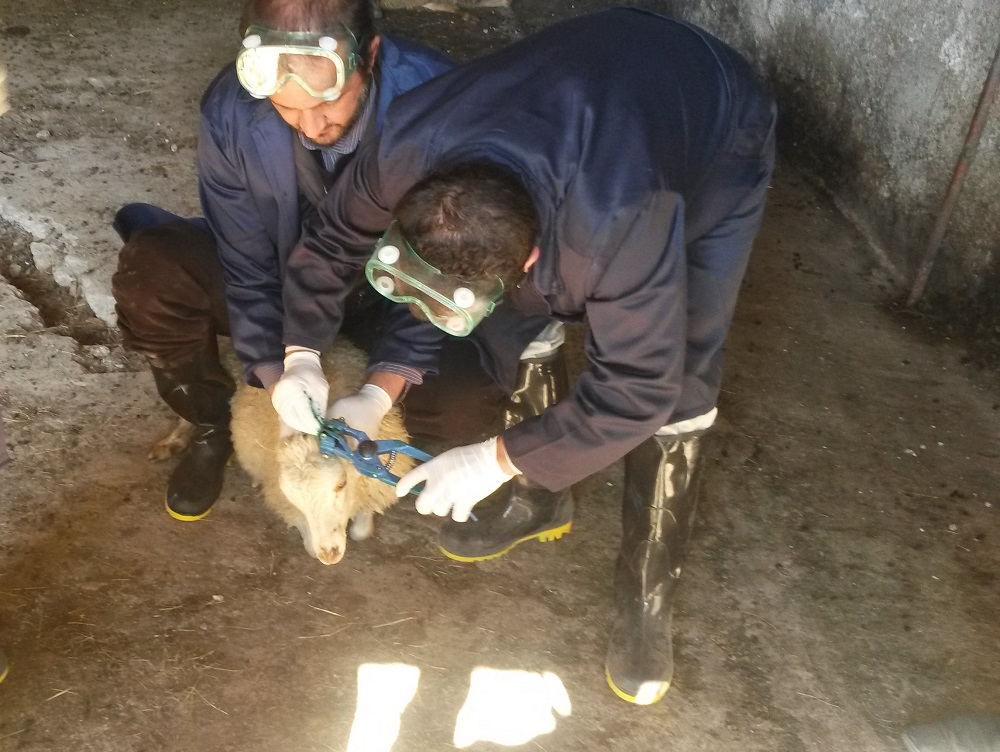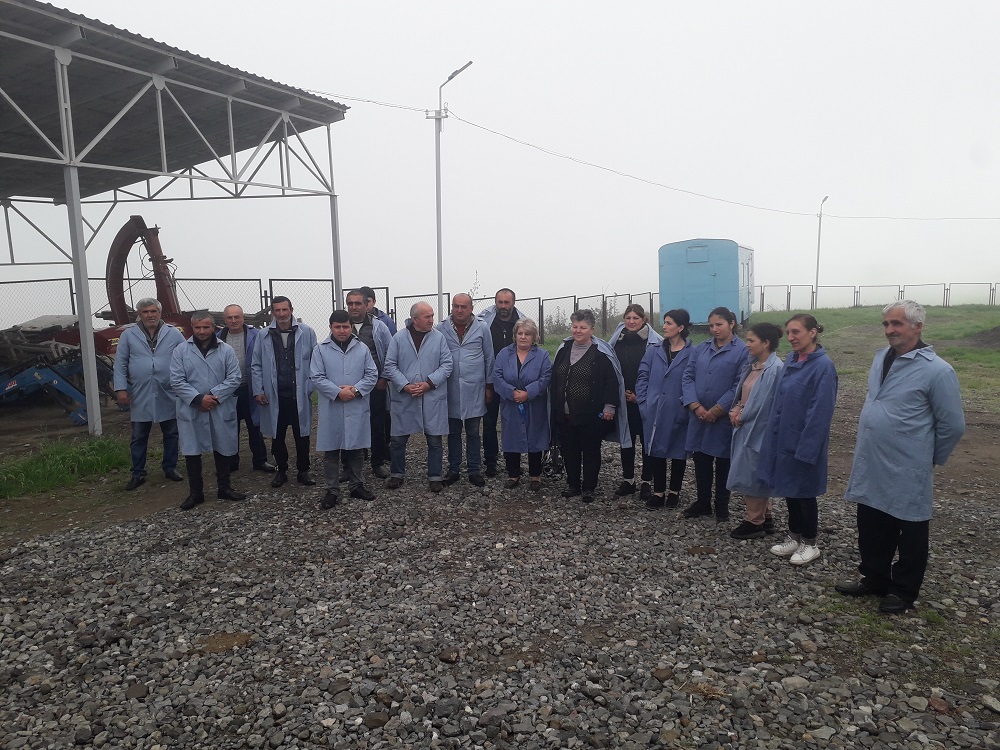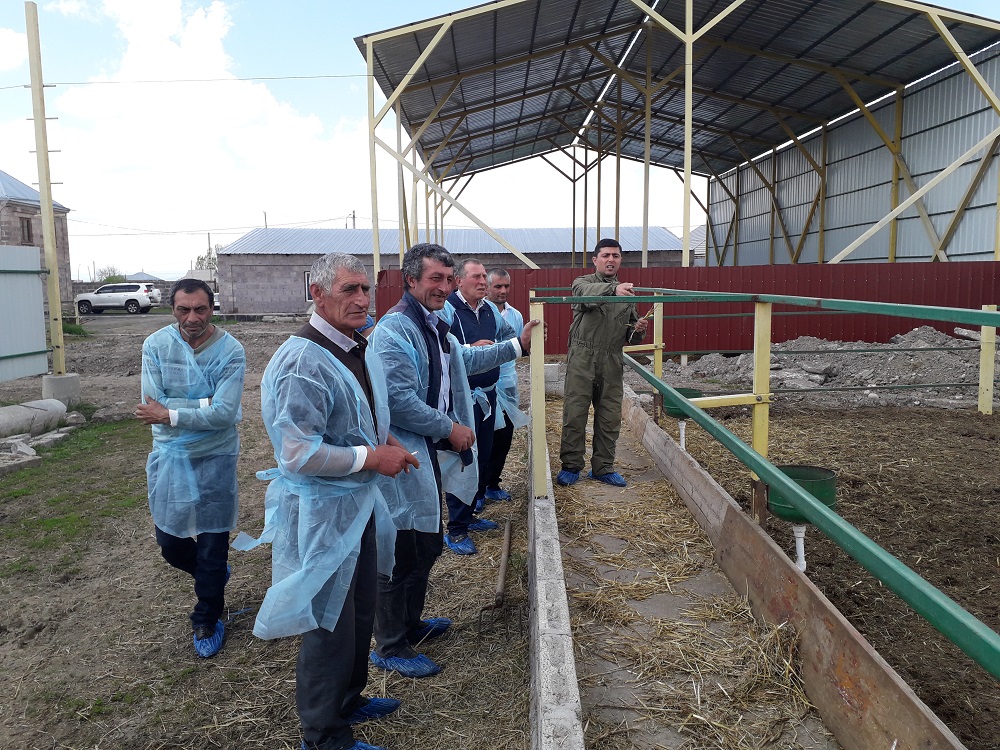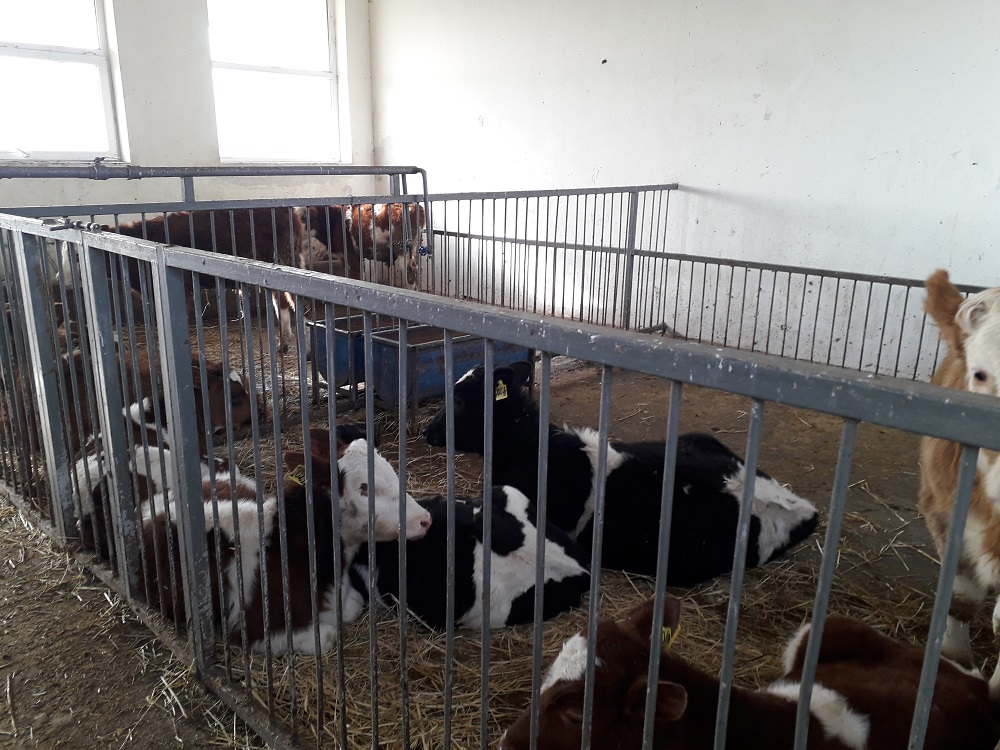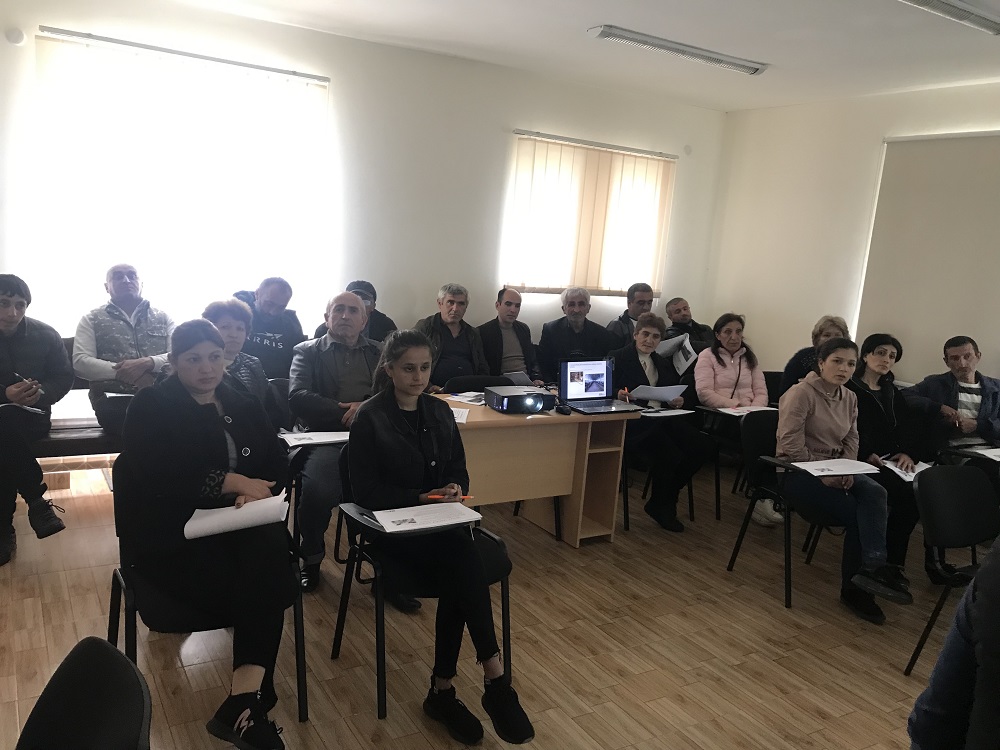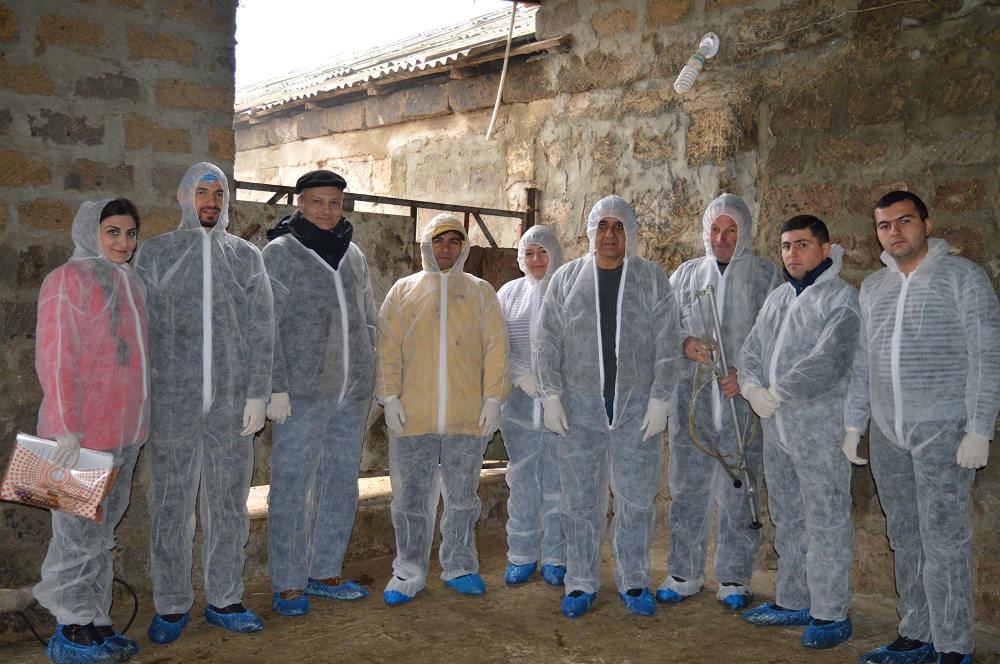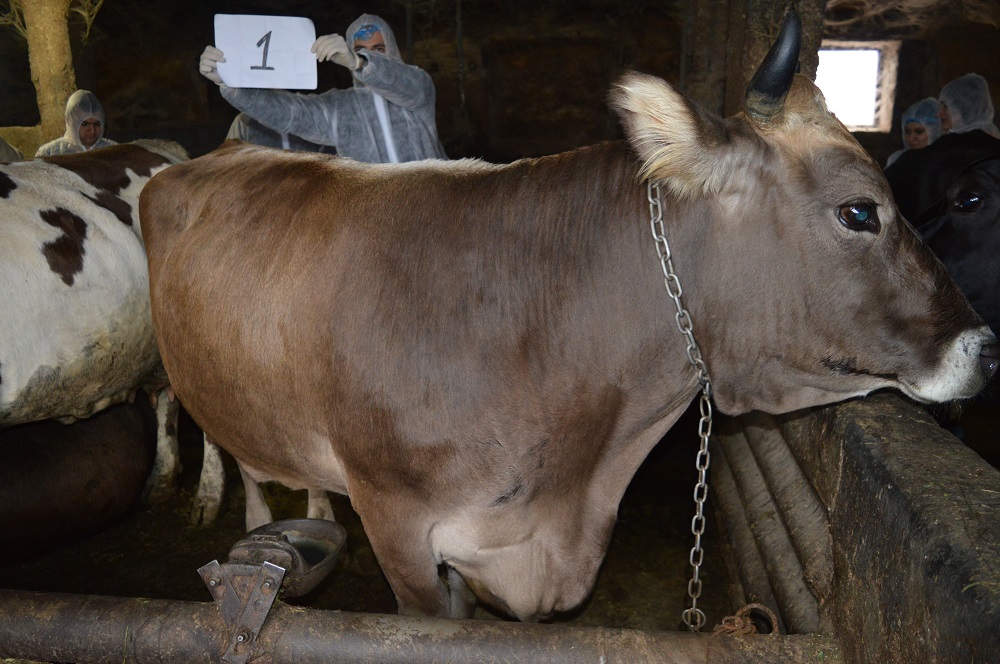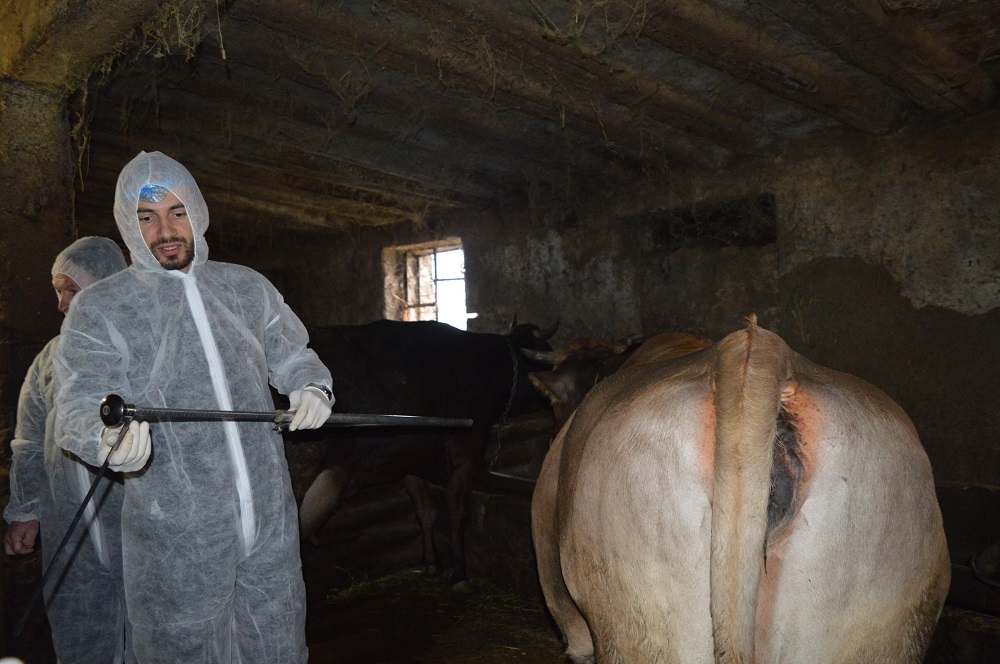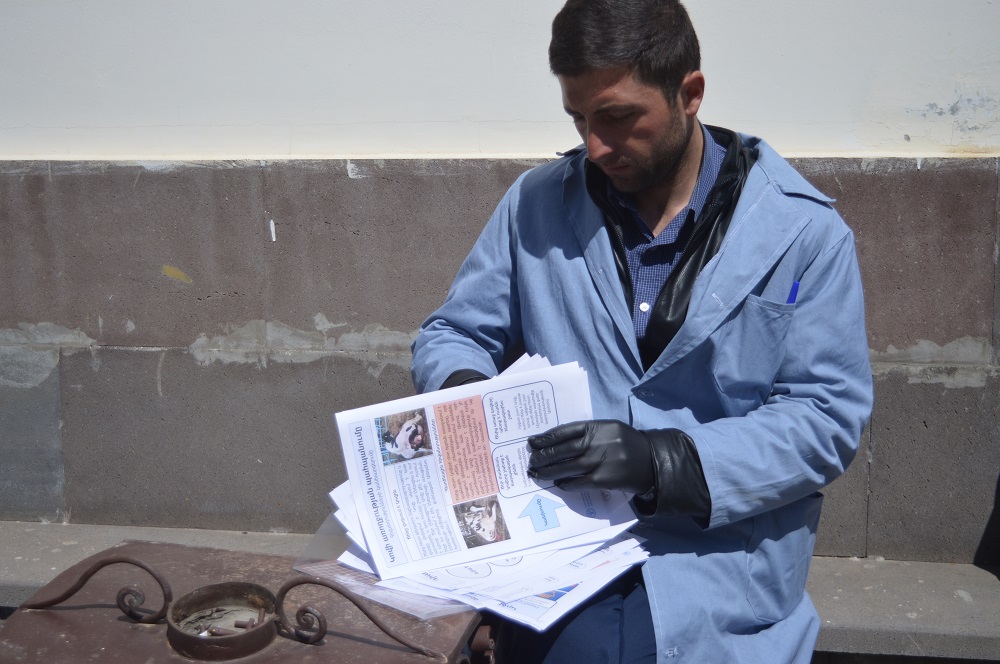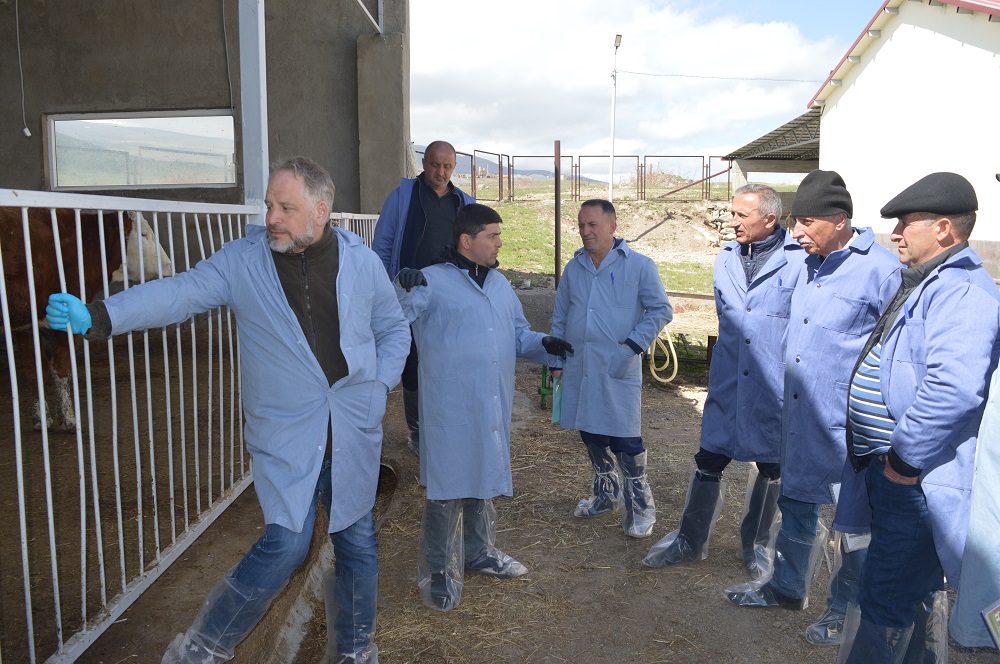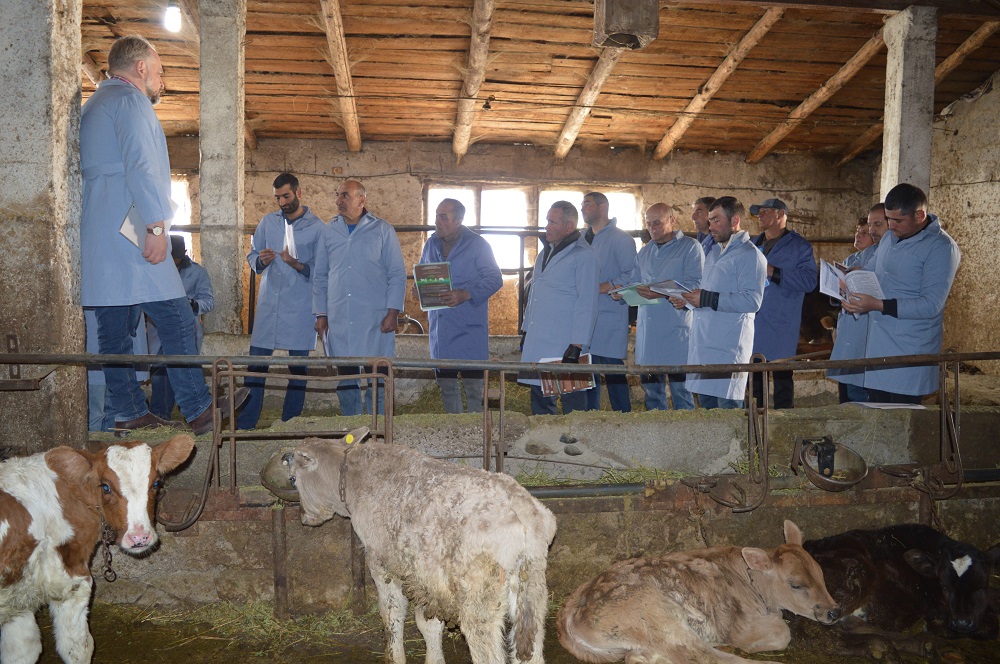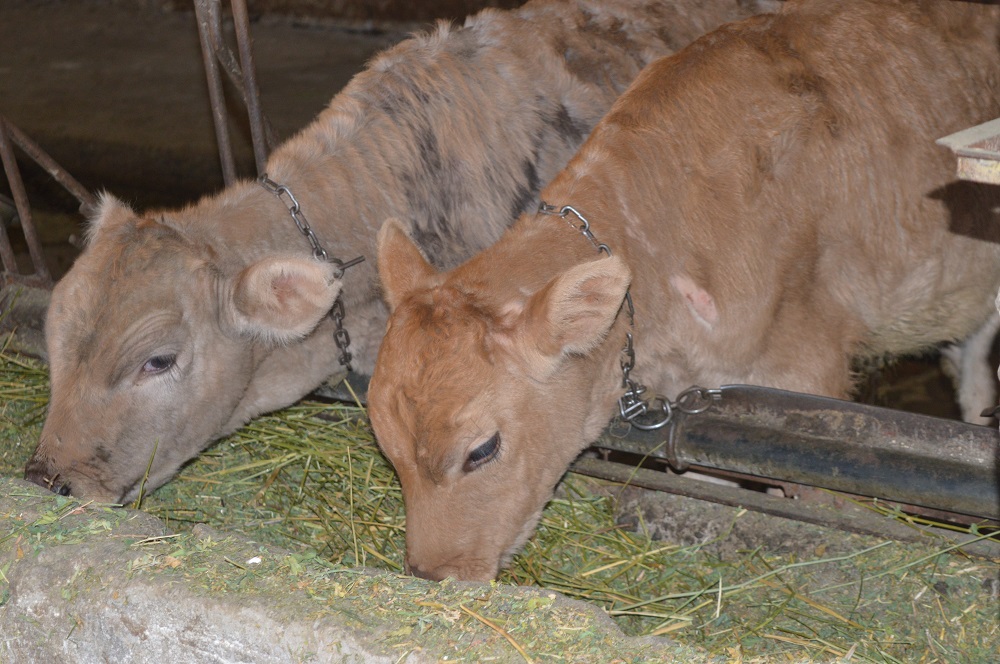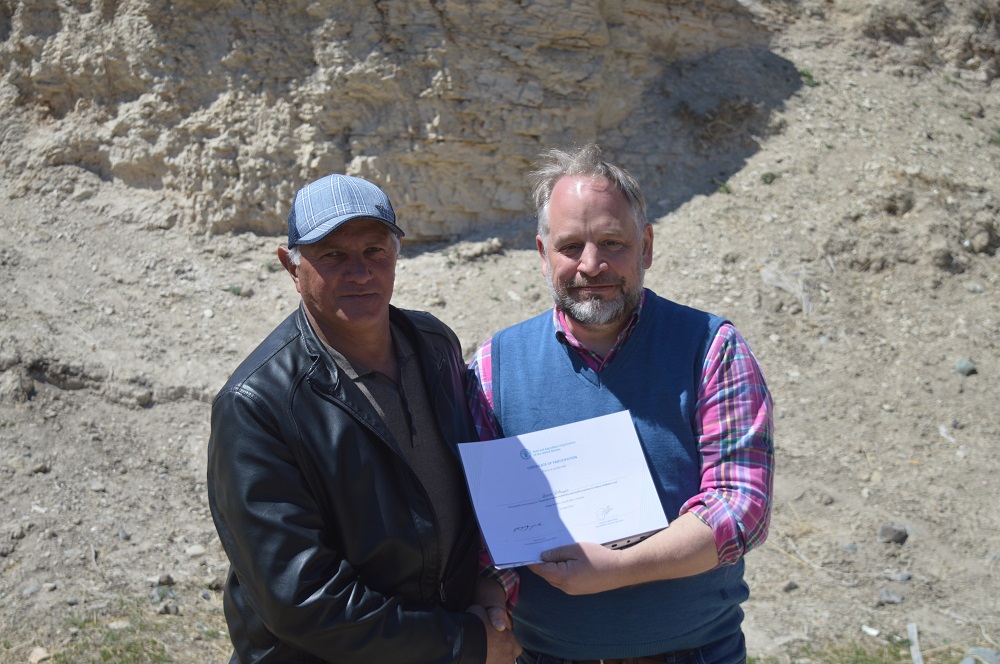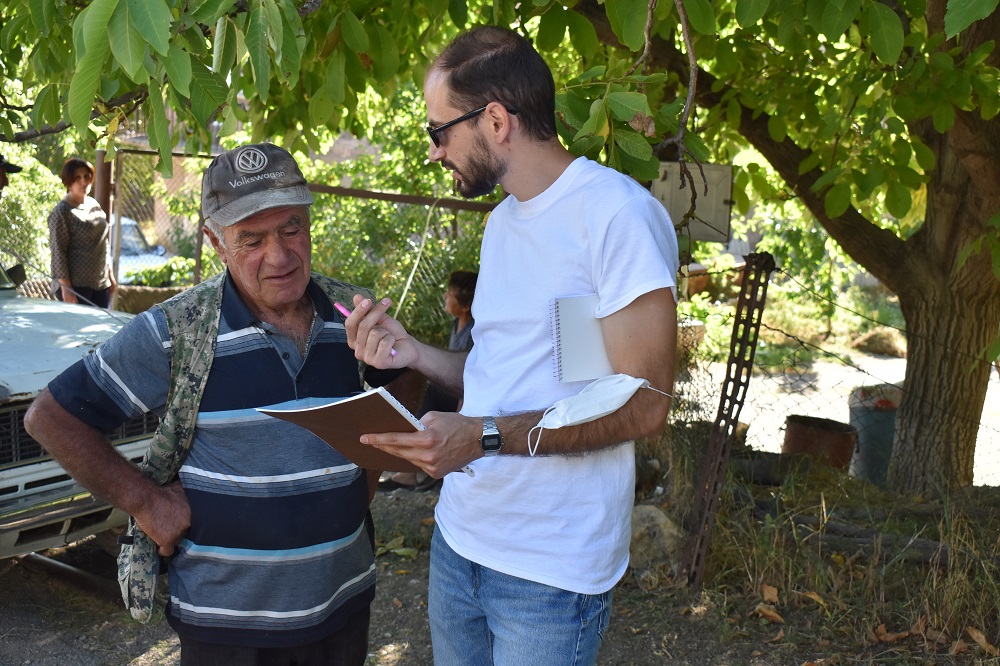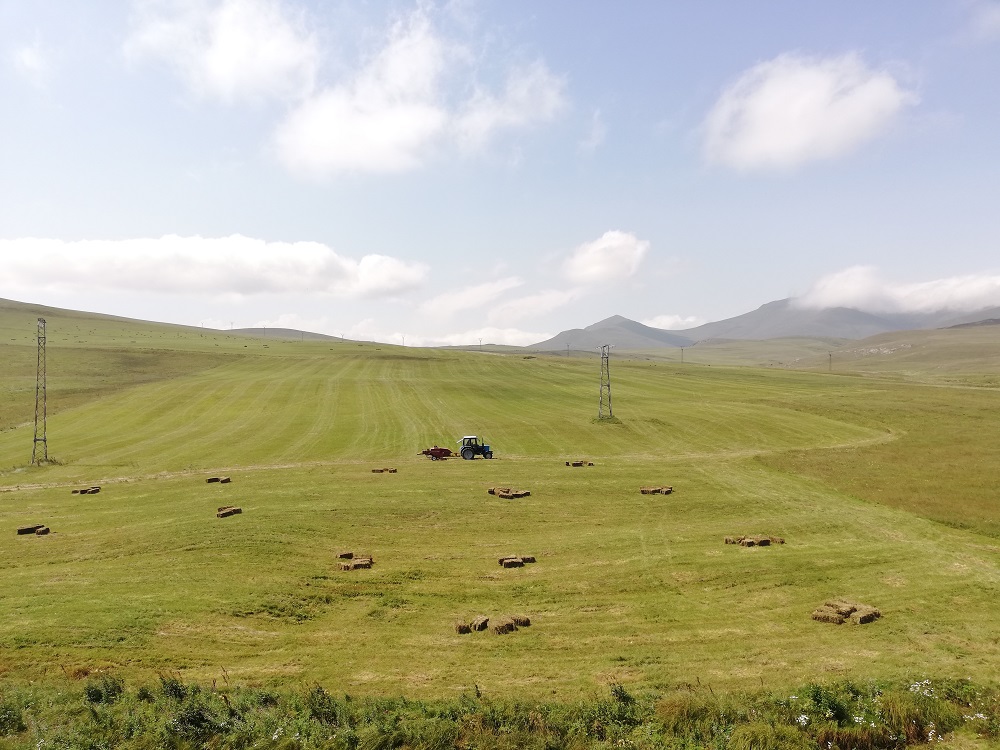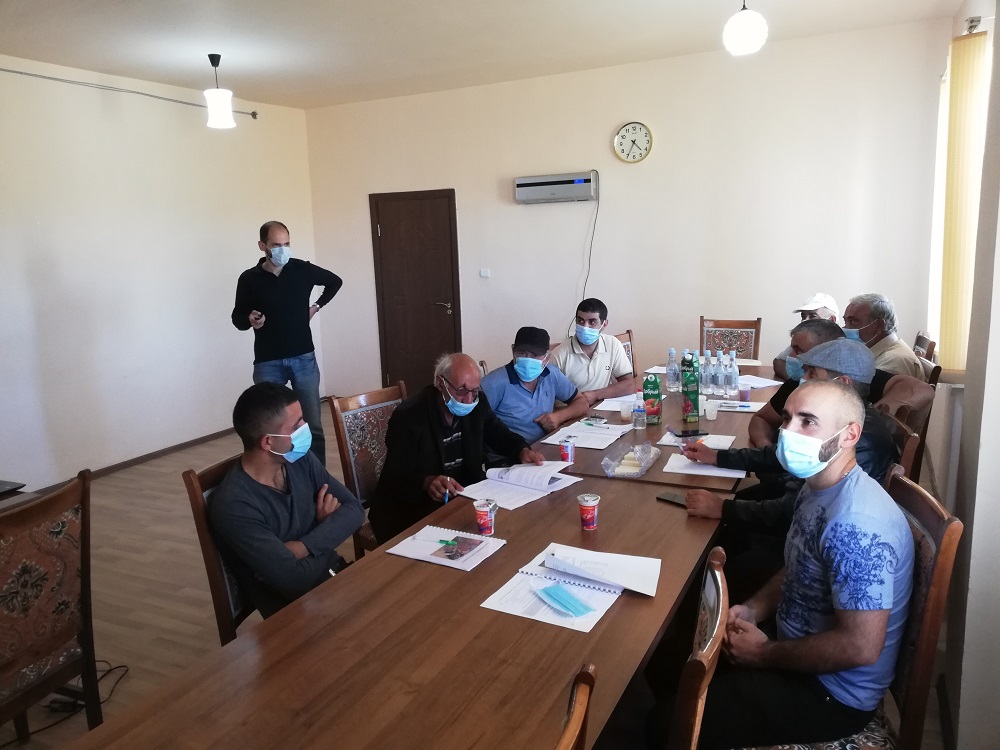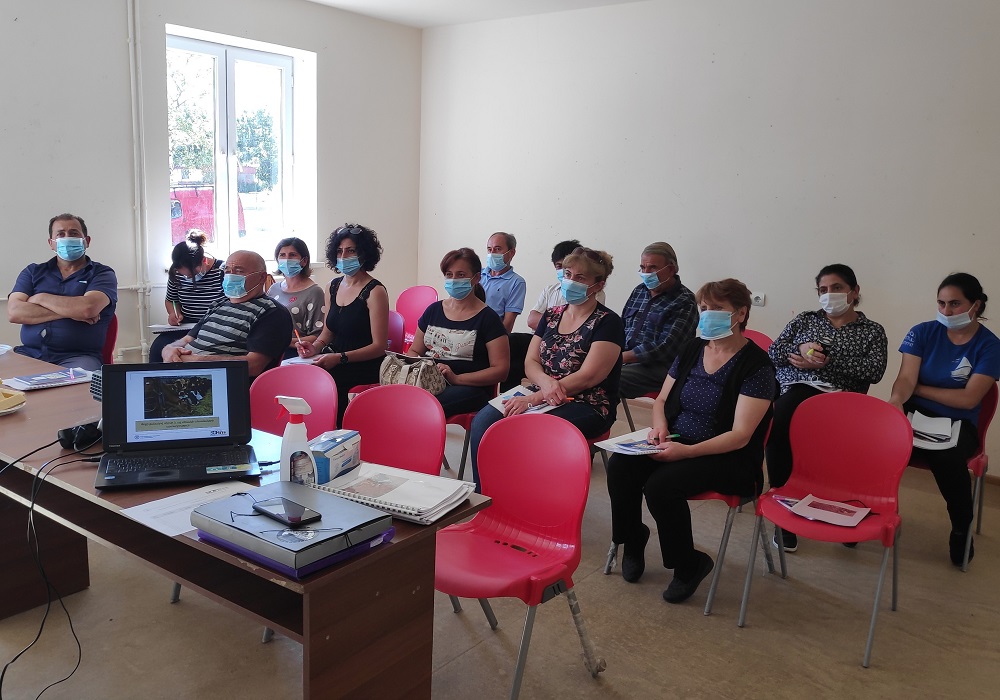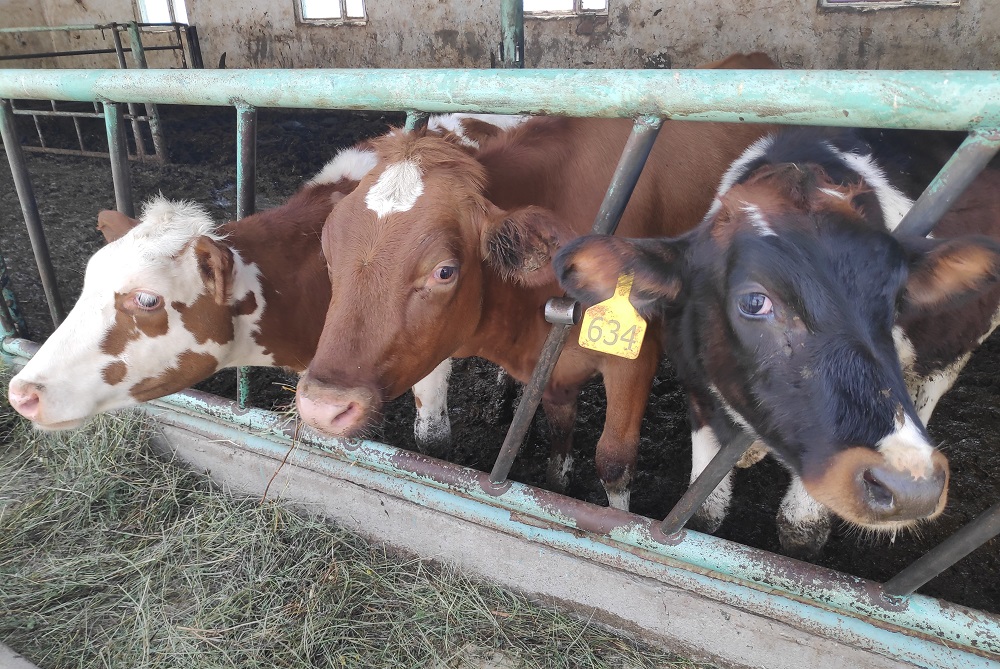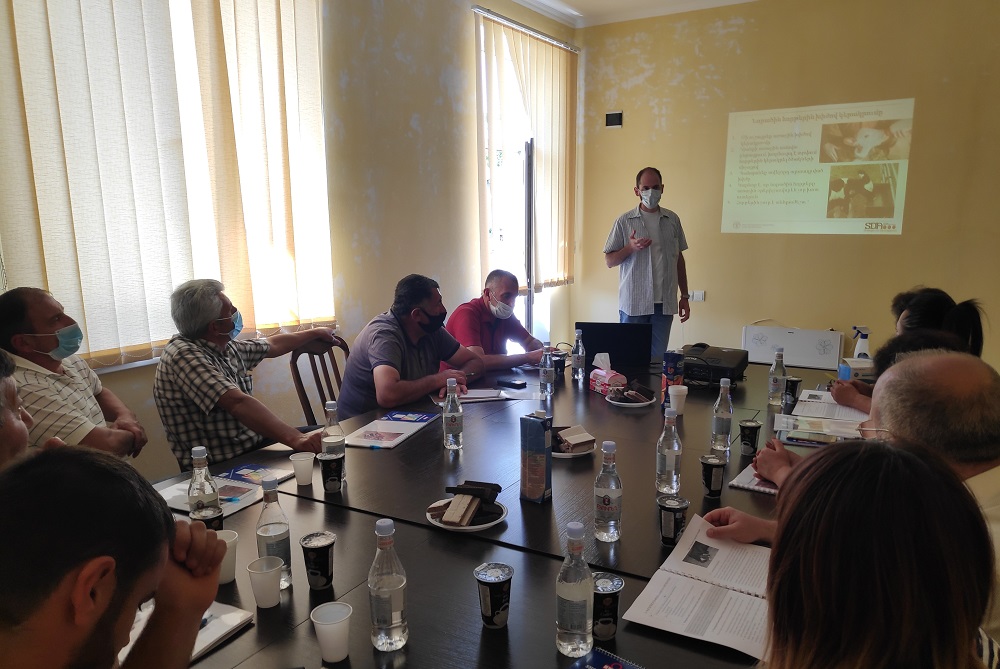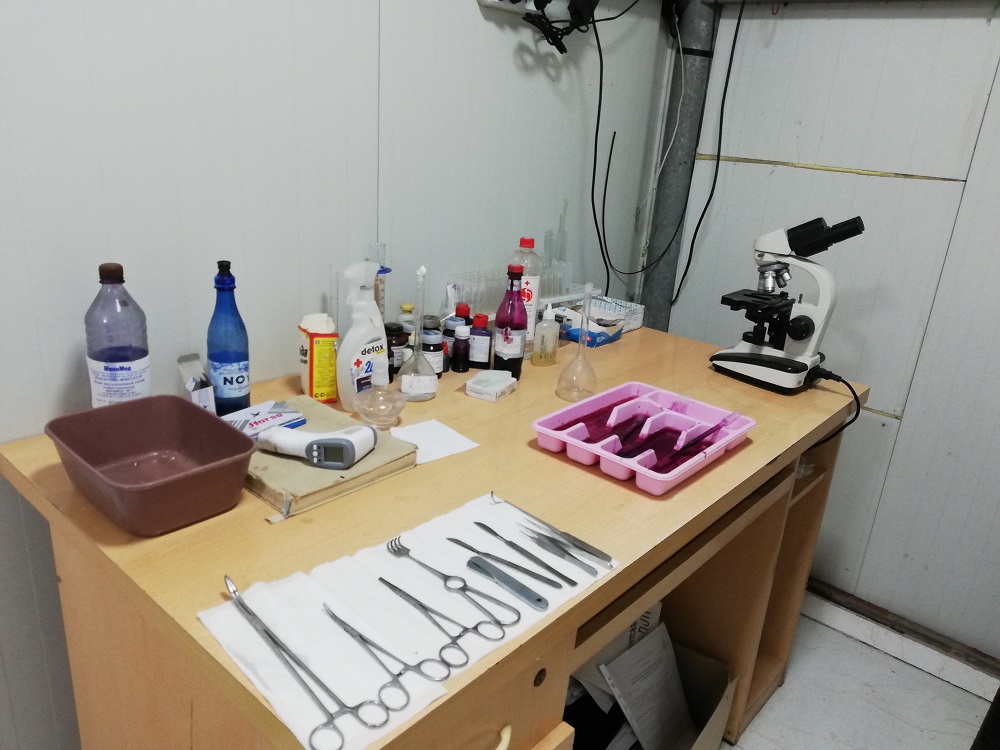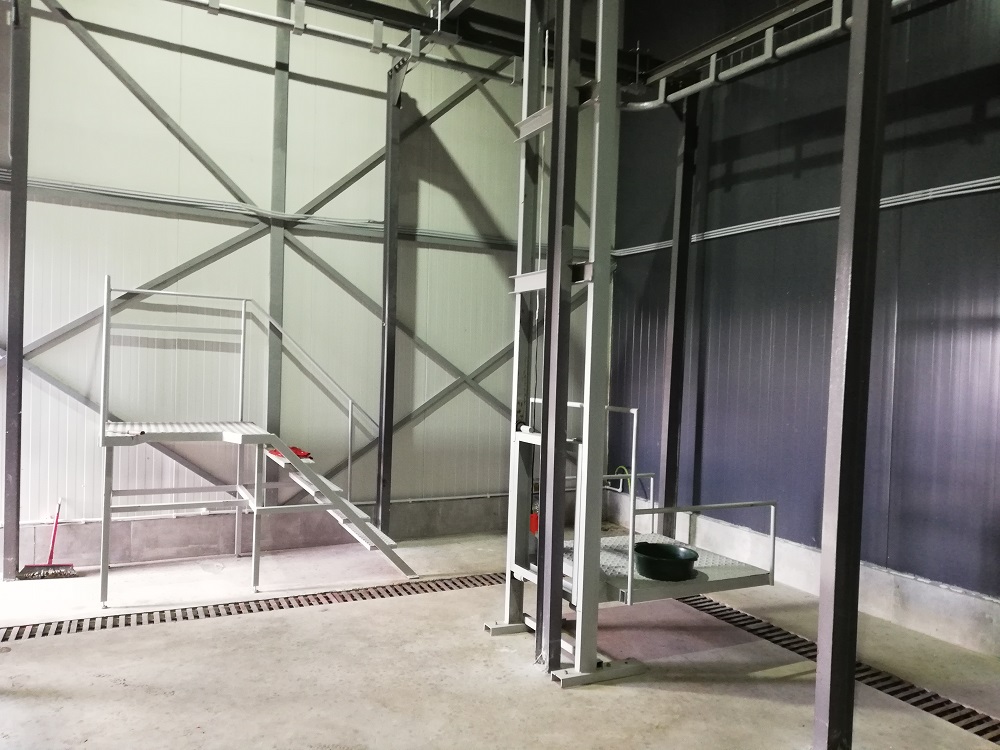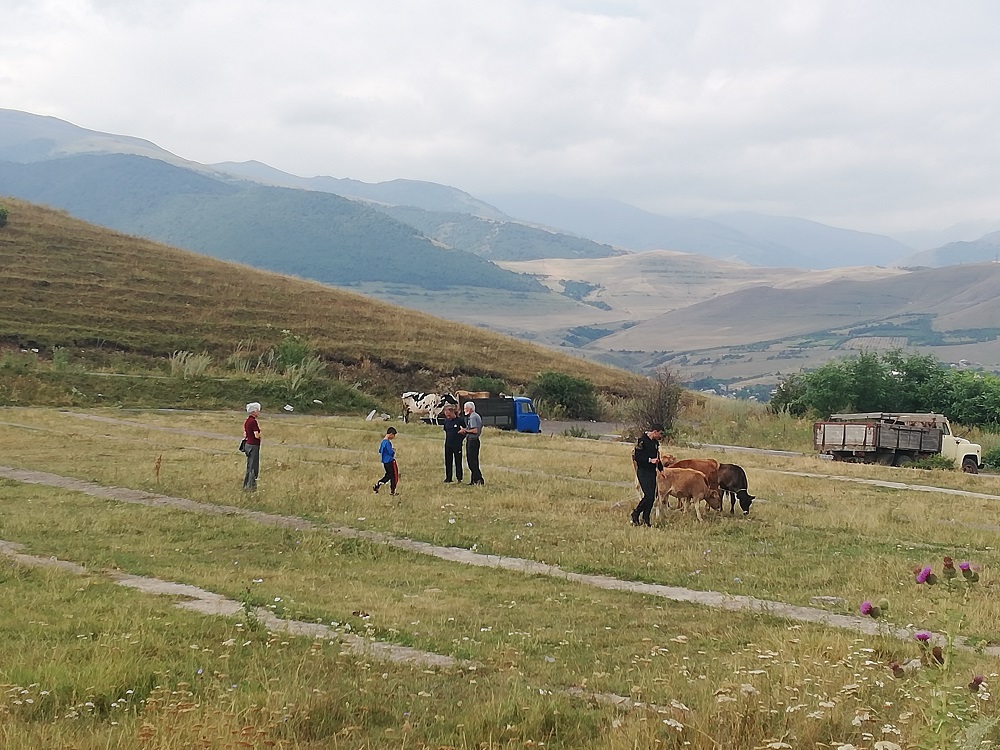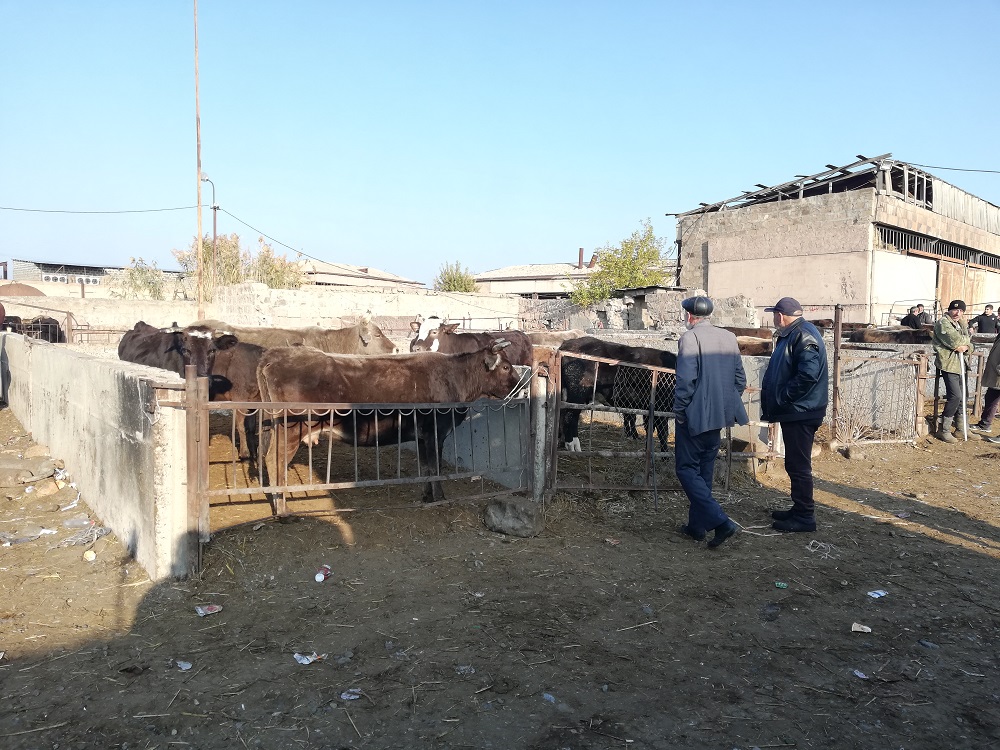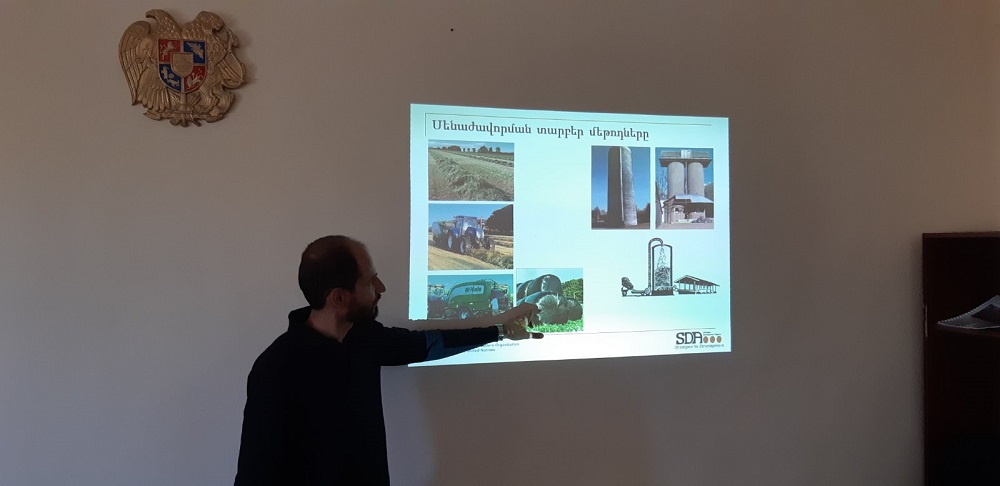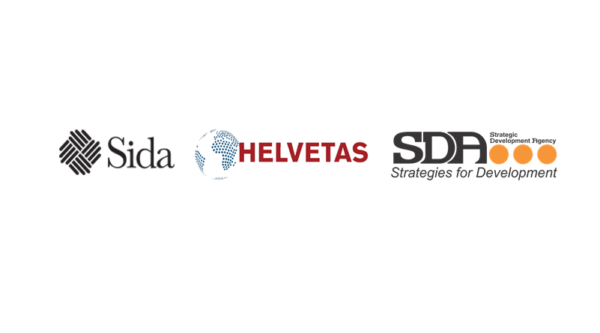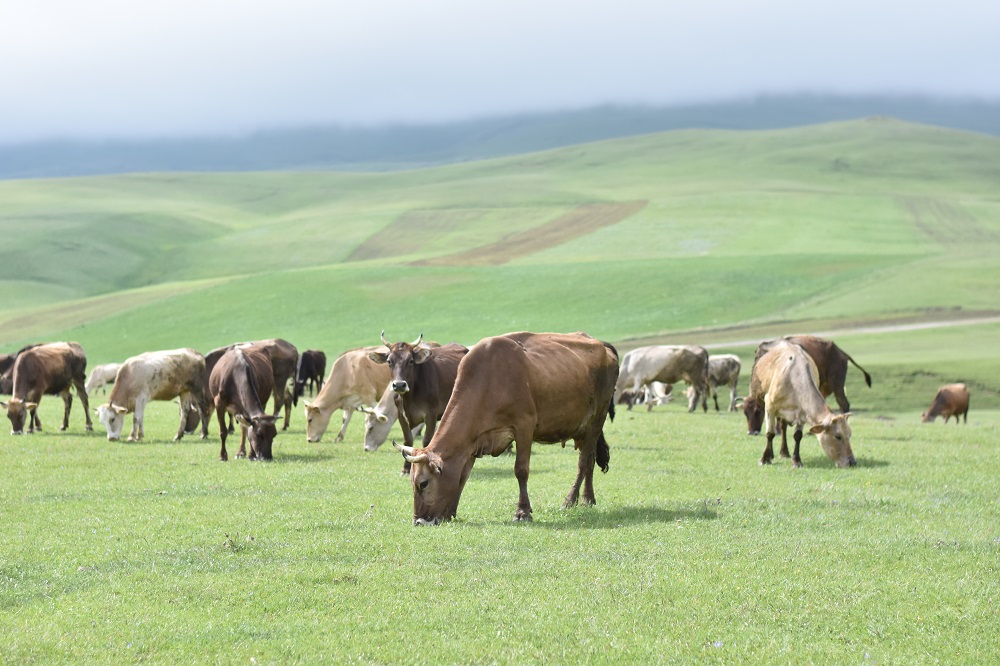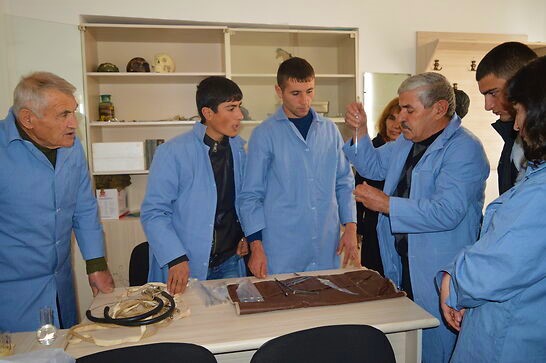Cooperation with the Food and Agriculture Organization of the United Nations (FAO)
“Strategic Development Agency” NGO has been cooperating with Food and Agriculture Organization (FAO) of the United Nations since 2012, implementing a numerous of projects and researches with the financial support of the latter, which are shortly presented below։
- “Technical and institutional support to veterinary services in Armenia”։ The goal of the project: the strengthening of veterinary services public sector in Syunik marz contributing to improvement of the food safety system and sustainable agricultural development in Armenia.
- “National survey on conservation of dual-purpose cattle and collection of genetic samples”։ The purpose of the study: to assess the current situation related to the genetic resources, production environment and breeding background of the Caucasian Brown cattle breed in Armenia, to identify the priorities, gaps, bottlenecks and opportunities for the selected breed.
- “How to Improve silage and fodder preparation based on Inspection Reports”: The aim of the study: to assess the nutritional quality of silage and fodder for animals and develop recommendations to farmers on how to improve the quality of the silage and fodder on their farms.
- “Current situation of Artificial Insemination in Armenia”: The purpose of the study: to assess technical and infrastructural constraints of cattle artificial insemination (AI) services currently available in Armenia, as well as to provide recommendations on the areas of improvement in AI services.
- “Implementation of a survey on the use of antimicrobials and collection of samples for antimicrobial resistance testing in Armenia”։ The survey aim: to explore knowledge, attitudes and practices among farmers and livestock producers of priority livestock production systems, veterinarians, feed mills and veterinary pharmacies to identify their patterns of antimicrobial use.
- “Development of a mobile data collection system for six countries and four languages”։ The project aim: development of a mobile data collection system to explore knowledge, attitudes and practices among livestock producers, veterinarians, veterinary pharmacies and feed mills for identify the patterns of antimicrobial use (AMU) and their understanding of antimicrobial resistance (AMR).
- “Emergency Humanitarian assistance to conflict affected vulnerable groups in Armenia”: The aim of the project: to increase the knowledge of the beneficiaries (displaced families) on good animal husbandry practices and farm management.
- “Capacity building program for dairy and poultry farmers and veterinarians to reduce the use of antimicrobials (AMU) through improved husbandry and biosecurity practices”: The aim of the project: to increase the knowledge of dairy and poultry farmers and veterinarians on reduced AMU and promote the implementation of biosecurity and good practices.
- “Linking farms, livestock markets and slaughterhouses”։ The aim of the project: the collection and analysis of data from livestock markets (LM) and slaughterhouses (SH) throughout the territory of the Republic of Armenia, in an effort to understand the patterns of animal movement between them, as well as the structure and practices within slaughterhouses in Armenia.















